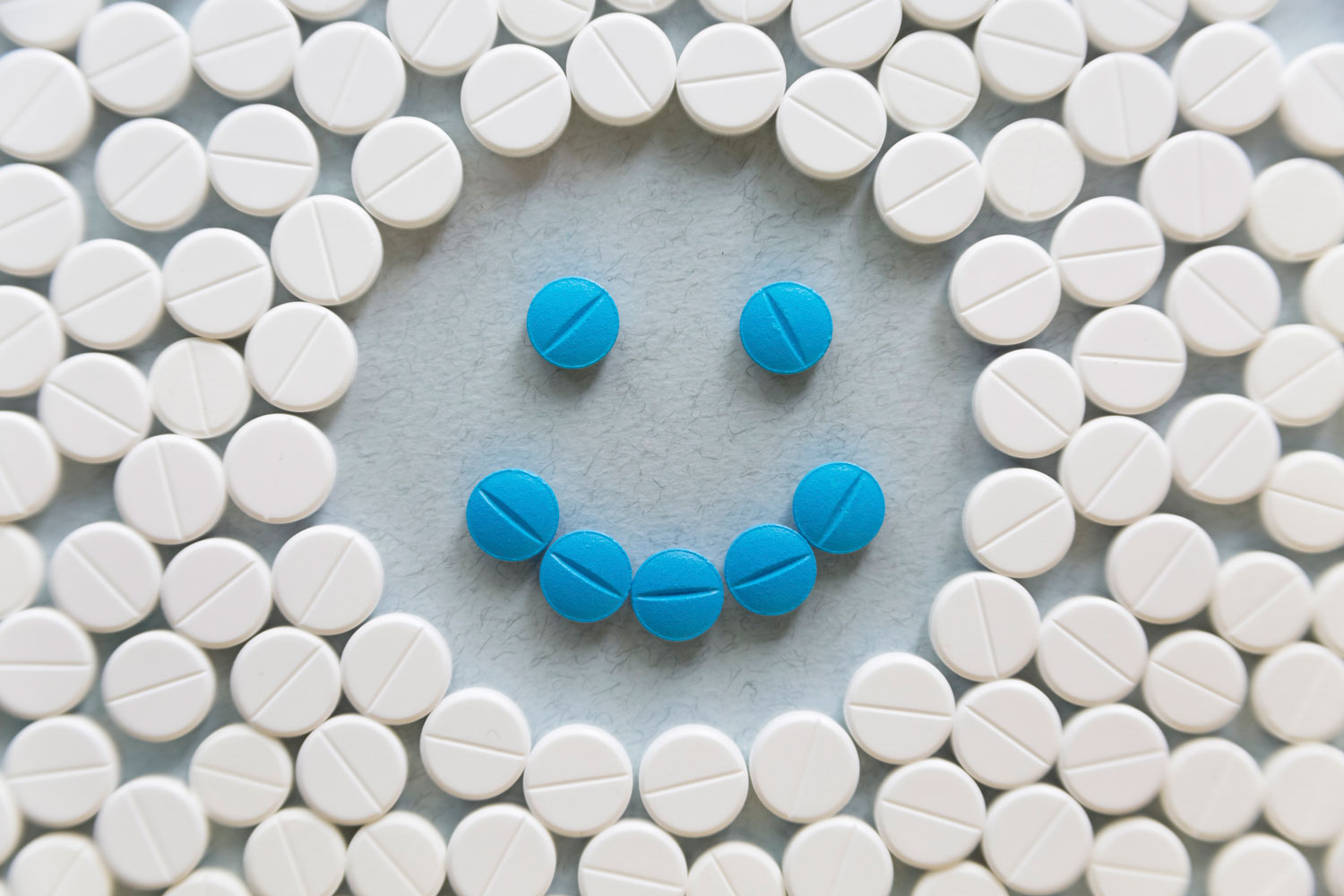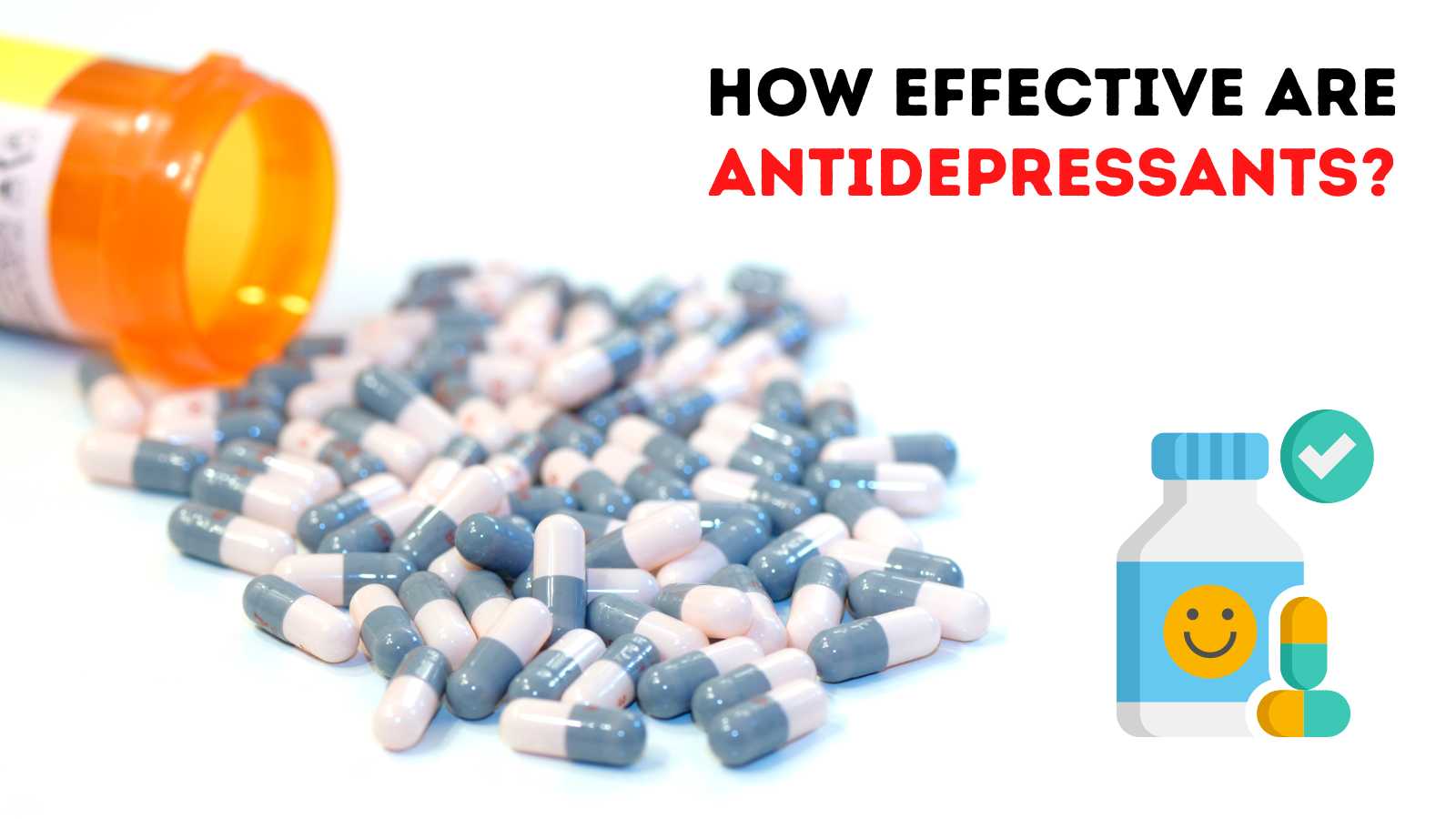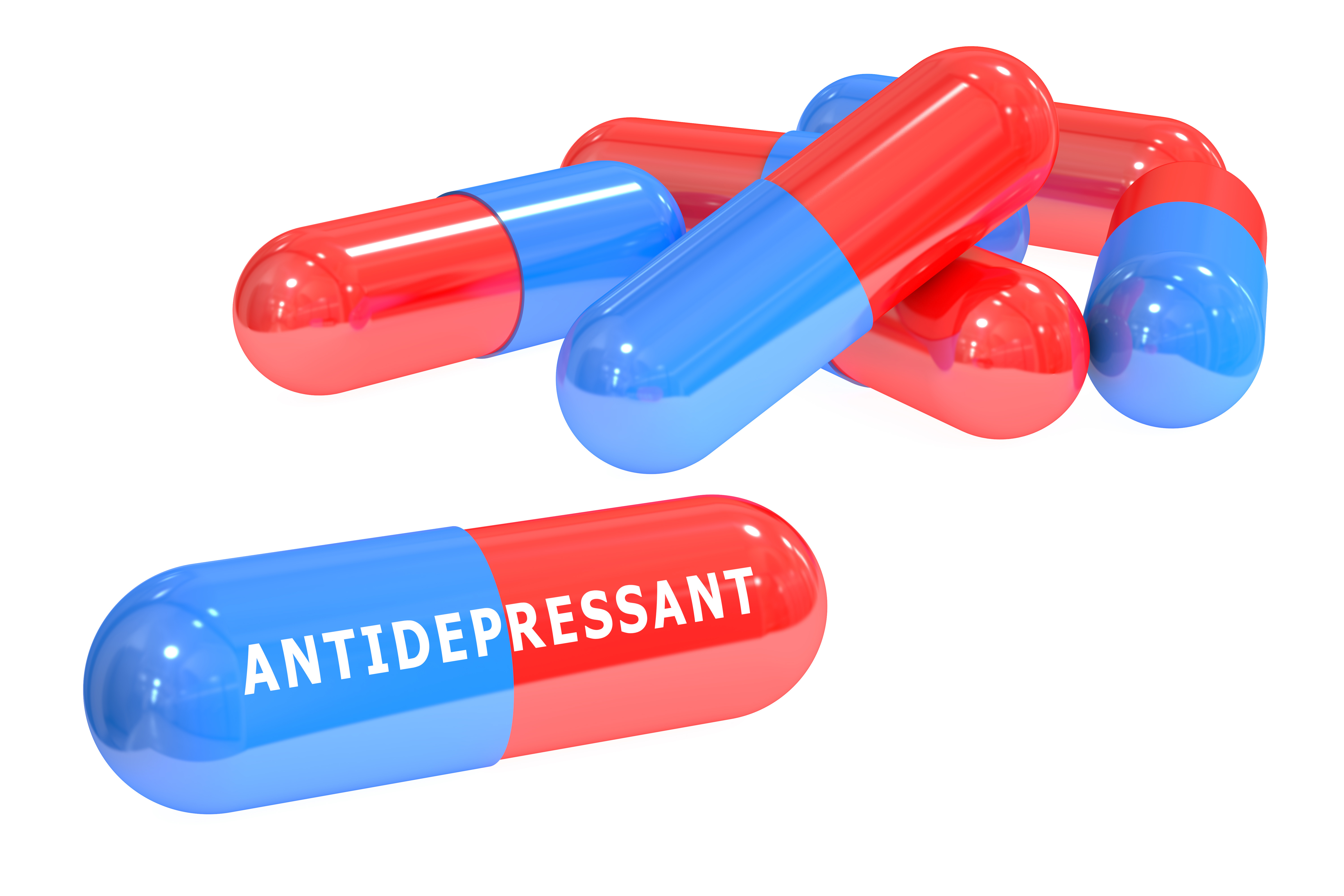Understanding Antidepressants: A Guide To Treatment In The U.S.
Are you struggling with persistent feelings of sadness, hopelessness, or a loss of interest in activities you once enjoyed? If so, you're not alone, and effective treatments, including antidepressants, are available to help you regain your well-being and live a fulfilling life.
Depression, a serious medical illness, is a prevalent concern in the United States, affecting millions of adults, adolescents, and even children. It's crucial to recognize that depression extends far beyond transient feelings of sadness; it's a complex condition that can significantly impact your mood, thoughts, behavior, and physical health. While the experience of depression is unique to each individual, common symptoms encompass persistent low mood, irritability, loss of interest in activities, fatigue, changes in appetite or sleep, difficulty concentrating, feelings of worthlessness or guilt, and, in severe cases, thoughts of self-harm or suicide. Understanding the multifaceted nature of depression is the first step toward seeking appropriate and effective treatment.
Antidepressants have emerged as a cornerstone of depression treatment, offering relief from debilitating symptoms and allowing individuals to function more effectively in their daily lives. These medications work by influencing the levels of specific neurotransmitters in the brain, such as serotonin, norepinephrine, and dopamine, which are involved in regulating mood, emotions, and other critical functions. The ultimate goal of antidepressant therapy is to alleviate the symptoms of depression, improve overall well-being, and help individuals regain a sense of control over their lives. It's important to acknowledge that while antidepressants are highly effective for many, they may not be a universal solution. Other treatment options, such as psychotherapy, lifestyle modifications, and alternative therapies, may be equally or more beneficial.
The availability of various types of antidepressants offers healthcare providers and patients flexibility in treatment approaches. Selective serotonin reuptake inhibitors (SSRIs) are among the most commonly prescribed antidepressants. SSRIs work by increasing the levels of serotonin, a neurotransmitter that plays a crucial role in mood regulation, in the brain. Serotonin-norepinephrine reuptake inhibitors (SNRIs) also hold a prominent place in depression treatment. SNRIs work by enhancing the levels of both serotonin and norepinephrine, two neurotransmitters involved in mood regulation and other brain functions. Tricyclic antidepressants (TCAs) are older medications that can be effective but often carry more side effects. Monoamine oxidase inhibitors (MAOIs) represent another class of antidepressants that can be effective, but they necessitate dietary restrictions and careful monitoring due to potential interactions with other medications. Atypical antidepressants, such as bupropion (Wellbutrin) and mirtazapine (Remeron), target different neurotransmitters or have unique mechanisms of action, offering diverse therapeutic options. Furthermore, it's essential to be aware that antidepressant medications aren't solely used for depression. They have FDA approval for treating various other medical conditions, including anxiety disorders, obsessive-compulsive disorder (OCD), post-traumatic stress disorder (PTSD), and chronic pain.
| Category | Details |
|---|---|
| Topic | Antidepressants and Depression Treatment |
| Description | An overview of antidepressants, their uses, types, and considerations for effective depression treatment in the U.S. |
| Target Audience | Individuals experiencing depression, their families, and anyone seeking information about antidepressants. |
| Key Information | Types of antidepressants, how they work, side effects, alternative treatments, and safety considerations. |
| Common Antidepressant Types | SSRIs (e.g., sertraline, fluoxetine), SNRIs (e.g., duloxetine, desvenlafaxine), Tricyclics, MAOIs, Atypical Antidepressants. |
| Treatment Goals | To reduce symptoms of depression, improve mood, and enhance overall well-being. |
| Important Considerations | Side effects, drug interactions, black box warnings (FDA), and the importance of consulting with healthcare providers. |
| Additional Information |
|
| Reference Website | National Institute of Mental Health (NIMH) |
The decision to start antidepressant treatment is a significant one, and should always involve a comprehensive assessment by a qualified healthcare provider, such as a psychiatrist or primary care physician. This assessment will involve discussing your symptoms, medical history, and any other relevant factors. Based on this assessment, your provider will develop a personalized treatment plan tailored to your specific needs. In addition to medication, this treatment plan may also include psychotherapy, lifestyle modifications, and other supportive interventions. It's important to openly communicate with your healthcare provider throughout the treatment process, addressing any concerns you may have and reporting any side effects you experience. Your provider will monitor your progress and make any necessary adjustments to your treatment plan to ensure its effectiveness and minimize potential side effects.
One of the most critical aspects of antidepressant therapy is selecting the right medication and dosage. All types of antidepressants are similarly effective for treating depression; however, individuals may respond differently to various medications. Factors that influence medication selection include the severity of your symptoms, your medical history, any other medications you're taking, and your individual preferences. SSRIs, the most commonly prescribed antidepressants, are often a first-line treatment due to their generally favorable side effect profile and effectiveness in improving mood. SNRIs are also commonly used and may be more effective for individuals who experience both depression and chronic pain. Other classes of antidepressants, such as tricyclics, MAOIs, and atypical antidepressants, may be used in certain situations, particularly when other medications have not provided sufficient relief or are unsuitable due to potential side effects or interactions. The process of finding the right medication often involves trial and error, as it may take several weeks or months to determine which medication and dosage are most effective for you. Your healthcare provider will work closely with you, monitoring your response to the medication and adjusting the dosage or medication as needed.
While antidepressants are generally safe, it's essential to be aware of potential side effects. Common side effects vary depending on the specific medication but can include nausea, headache, insomnia, drowsiness, weight changes, sexual dysfunction, and dry mouth. Most side effects are mild and transient, resolving within a few weeks as your body adjusts to the medication. However, if you experience persistent or bothersome side effects, it's essential to contact your healthcare provider promptly. In some cases, the side effects may necessitate a change in medication or dosage adjustments. It's also important to be aware of the potential for more serious side effects, such as an increased risk of suicidal thoughts or behaviors, particularly in children, teenagers, and young adults under the age of 25. The FDA requires that all antidepressants carry black box warnings, the strictest warnings for prescriptions. If you experience any worsening of your depression, suicidal thoughts, or other concerning changes in behavior, immediately contact your healthcare provider or seek emergency medical attention.
In addition to medication, other treatment options can complement the effectiveness of antidepressants. Psychotherapy, particularly cognitive behavioral therapy (CBT), is a highly effective treatment for depression. CBT helps individuals identify and change negative thought patterns and behaviors that contribute to their depression. Exercise and other lifestyle modifications can also play a significant role in managing depression symptoms. Regular physical activity, a balanced diet, adequate sleep, and stress-reduction techniques can improve mood and overall well-being. Support groups and social connections provide a sense of community and understanding, reducing feelings of isolation. The effectiveness of alternative therapies, such as acupuncture and herbal remedies, varies; it's crucial to discuss any alternative treatments with your healthcare provider before starting them, as they may interact with your antidepressants or have other potential risks.
Antidepressants offer hope and a pathway toward recovery for individuals struggling with depression. By understanding the different types of antidepressants, how they work, and potential side effects, you can make informed decisions about your treatment. Openly communicating with your healthcare provider, actively participating in your treatment plan, and incorporating other supportive interventions, such as psychotherapy and lifestyle modifications, can maximize the effectiveness of your treatment. Remember that depression is a treatable illness, and recovery is possible. The journey to recovery may involve some trial and error, but with the right treatment and support, you can overcome the challenges of depression and regain your well-being.
The journey to manage and treat depression is highly individual, and what works well for one person may not work for another. Your healthcare provider will consider several factors when determining the most appropriate treatment plan. The specific antidepressant prescribed will be based on your particular symptoms, medical history, and any other medications you're currently taking. It's essential to fully inform your provider of your medical history, including any past or present mental health conditions, any allergies, and any other medications or supplements you're taking. You should also discuss your lifestyle, including your diet, exercise habits, and social support network. All this information is critical in developing a safe and effective treatment plan.
The duration of antidepressant treatment varies widely. In many cases, individuals may take antidepressants for several months or even years to manage their symptoms. However, treatment duration should always be determined by your healthcare provider based on your individual needs and response to treatment. Generally, if an antidepressant is effective, it's advisable to continue treatment for at least six months after symptoms have improved to prevent relapse. After this period, your provider may gradually reduce the dosage, a process known as tapering, under careful supervision. Never stop taking an antidepressant abruptly without consulting your provider, as this can lead to withdrawal symptoms.
The U.S. Food and Drug Administration (FDA) plays a vital role in regulating antidepressants and ensuring their safety. The FDA requires that all antidepressants carry black box warnings, the strictest warnings for prescriptions, particularly concerning the potential increased risk of suicidal thoughts or behaviors in children, teenagers, and young adults. These warnings underscore the importance of closely monitoring individuals, especially during the initial weeks of treatment or any dosage adjustments. The FDA also reviews clinical trial data to assess the effectiveness and safety of new antidepressants before they are approved for use. This rigorous review process helps ensure that all available antidepressants meet the highest standards of safety and efficacy. If you or someone you know is taking an antidepressant, be sure to be aware of these safety guidelines and to reach out to your healthcare provider with any concerns.
Depression treatment has advanced considerably in recent years. Emerging treatment options include newer antidepressant medications with potentially fewer side effects, innovative psychotherapy techniques, and technology-based interventions such as smartphone apps and online therapy programs. These advancements provide even more personalized and effective options for individuals seeking relief from depression. Continuous research is also underway to better understand the underlying causes of depression and develop more targeted treatments. These advances offer hope for more effective and personalized treatments that can improve outcomes for individuals with depression.
The decision to pursue antidepressant treatment should be made in collaboration with a qualified healthcare provider. They can provide expert guidance, monitor your progress, and adjust your treatment as needed. When you communicate with your healthcare provider, dont hesitate to ask questions, voice concerns, and share your experiences. This open communication is essential for developing a treatment plan that is most effective and tailored to your needs. Be sure to be aware of the side effects of the medications prescribed, and be sure to tell your doctor about them, or any changes in your mood or behavior, while on the medication. With the right support and treatment, a fulfilling life, free from the burden of depression, is within reach.


